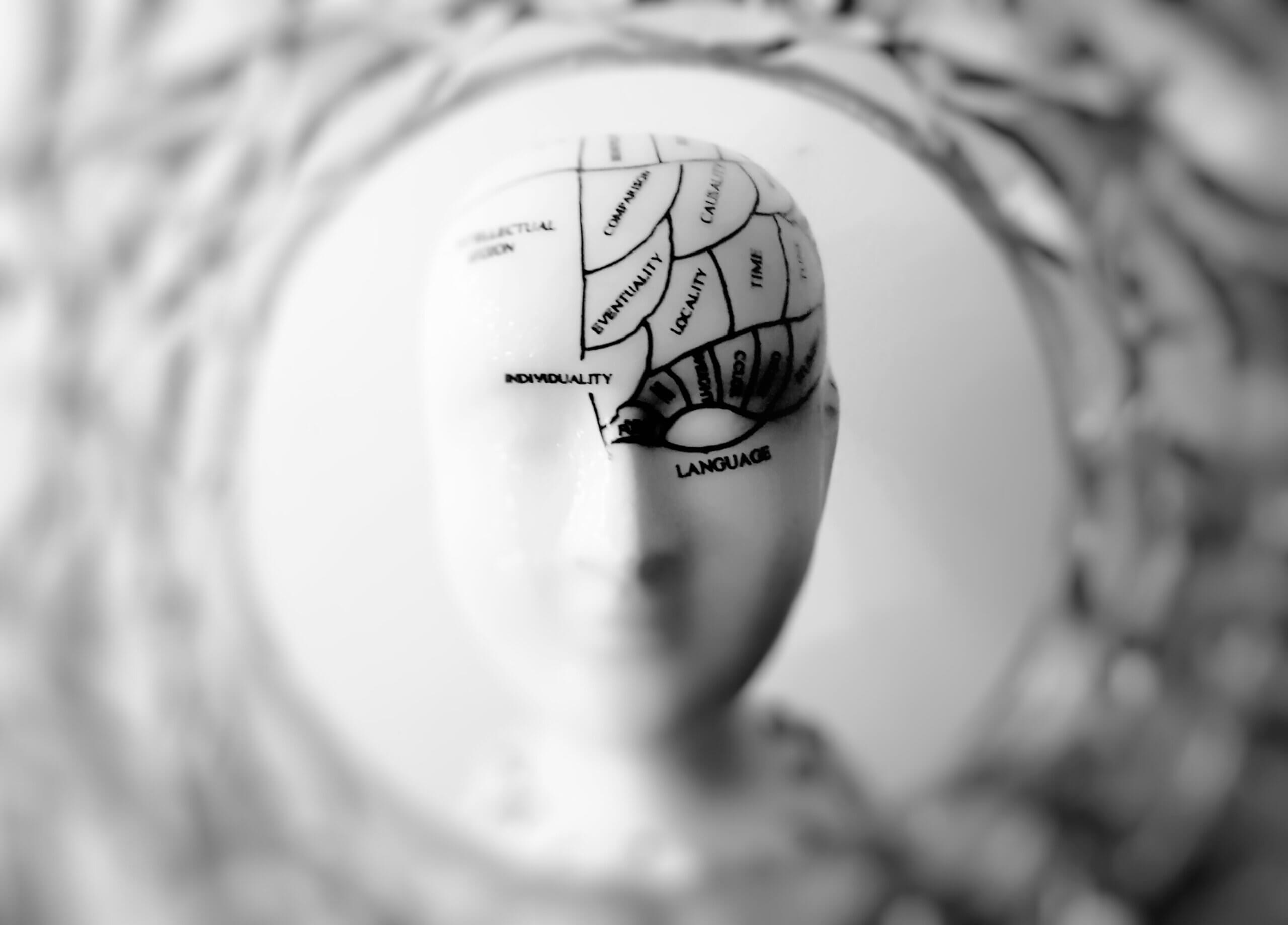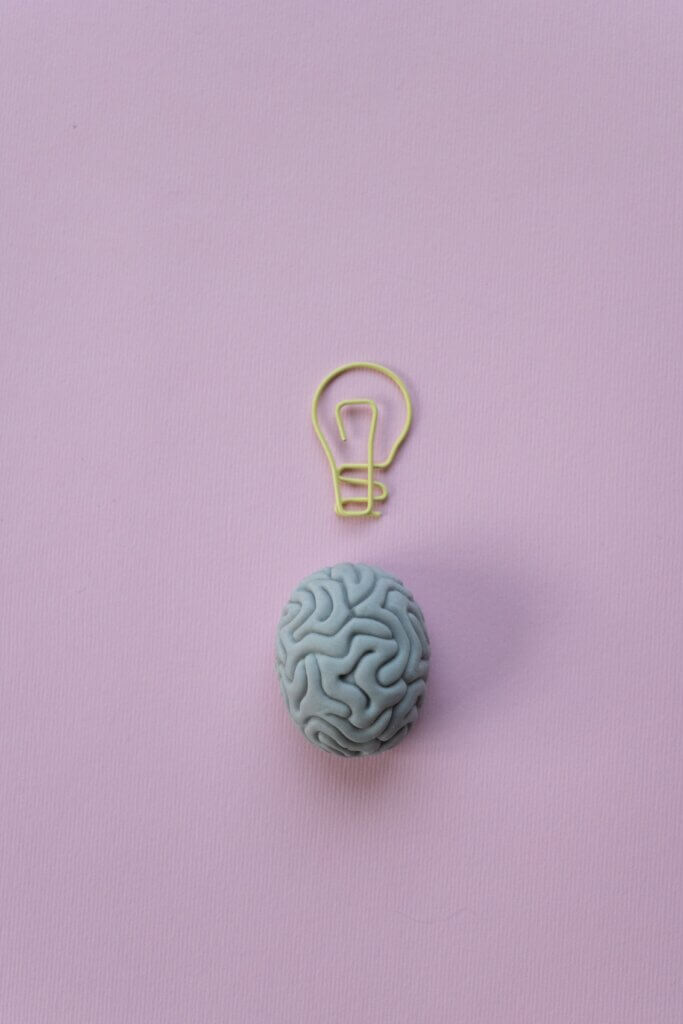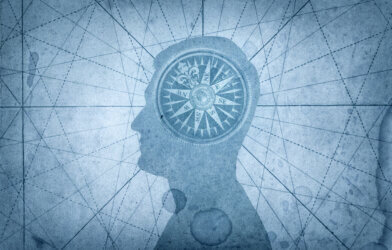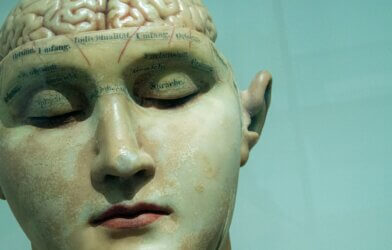The Ethics of ‘DishBrain’: Does a Brain in a Dish Have Moral Rights?
Imagine a world where brains in dishes play video games and help scientists understand diseases. It may sound like science fiction, but bio-computing, where biological neural systems work with technology, is now a reality. However, this exciting field raises ethical questions that scientists and philosophers are grappling with.
The creators of DishBrain, a system made up of 800,000 living brain cells in a dish that can play Pong, are teaming up with bioethicists and researchers to explore the moral implications of this technology. In a recent paper, they emphasize the importance of considering ethics in bio-computing to ensure responsible progress.
Dr. Brett Kagan, the Chief Scientific Officer of biotech start-up Cortical Lab, explains, “Combining biological neural systems with silicon substrates to produce intelligence-like behavior has significant promise, but we need to proceed with the bigger picture in mind to ensure sustainable progress.”
One of the central questions revolves around consciousness and intelligence. Professor Julian Savulescu from the University of Oxford warns that defining what is considered “conscious” in the context of this technology is an urgent matter. He highlights that there are various ways to describe consciousness or intelligence, each with different implications for how we view biologically based intelligent systems.
The paper draws inspiration from philosopher Jeremy Bentham, who asked, “Can they suffer?” when considering the moral status of animals. This perspective implies that even if bio-computers exhibit human-like intelligence, it doesn’t necessarily mean they have moral status. Dr. Tamra Lysaght from the National University of Singapore explains, “Our paper doesn’t attempt to definitively answer the full suite of moral questions posed by bio-computers, but it provides a starting framework to ensure that the technology can continue to be researched and applied responsibly.”
The paper also addresses the ethical opportunities and challenges presented by DishBrain’s potential to advance our understanding of diseases like epilepsy and dementia. Dr. Christopher Gyngell, a Research Fellow in biomedical ethics, suggests that using more diverse cell lines in future models of drug screening could make them more representative of real-world patients, potentially speeding up drug development.
Moreover, bio-computing could have a positive environmental impact. Traditional silicon-based computers consume vast amounts of energy, contributing to carbon emissions. In contrast, biological intelligences, like DishBrain, are highly energy-efficient. Dr. Kagan notes, “As it stands, the IT industry is a massive contributor to carbon emissions. If even a relatively small number of processing tasks could be done with bio-computers, there is a compelling environmental reason to explore these alternatives.”
While bio-computing holds incredible promise for scientific discovery and environmental sustainability, it’s essential to navigate the ethical complexities carefully. As this technology advances, it’s crucial to ensure that it benefits humanity responsibly and ethically.













